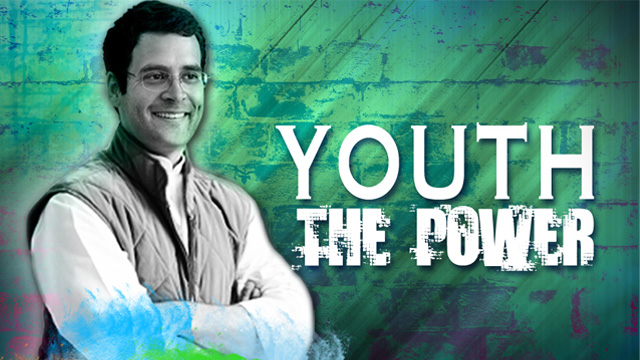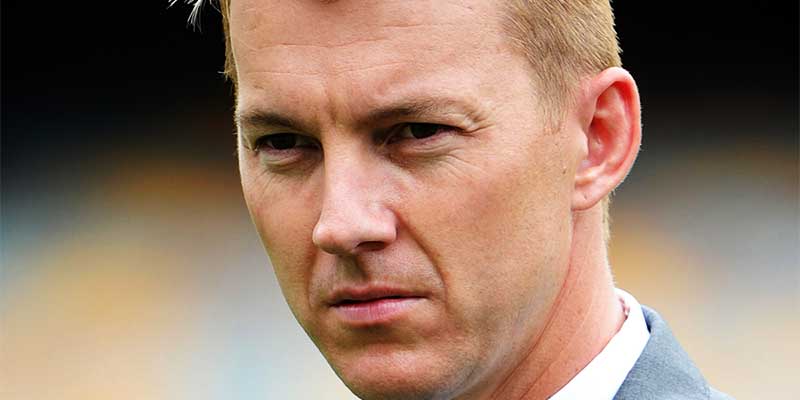By forcing the government to retreat, Rahul Gandhi has acquired a prominence as never before.

The government’s withdrawal of the ordinance and bill on convicted legislators is a setback not only for Manmohan Singh, but also for Sonia Gandhi since she had approved of the measures at a Congress core group meeting.
On the other hand, by forcing the government to retreat, Rahul Gandhi has acquired a prominence as never before. He has also climbed on to a moral high ground with a raw display of political authority, although his impetuosity can be seen as a matter of concern in a future leader.
As for the Congress, the fact of its capitulation has confirmed that it comprises craven sycophants who are ready to fall in behind the dynasty even if there is a change in the party line. Clearly, the average Congressman has no views of his own.
There is little doubt, however, that the overall scene has been complicated by the latest developments. Till now, it was the Congress president’s wish which was her command. But, suddenly, the Rahul Gandhi factor has come into play. This change is of vital importance not only for the ordinary members, but also for the prime minister and the party chief.
Both of them will now have to keep in mind the predilections of the heir apparent to avoid a repeat of the Press Club of India drama of September 27 when Rahul Gandhi trashed the ordinance as “complete nonsense”.
At the same time, they cannot deny that the party’s young PM-in-waiting is apparently more in touch with public, especially middle class, opinion – at least on the question of a criminalized polity – than all the grizzled veterans of the cabinet.
What this means is that he will be taken more seriously than before when he was seen as something of a dilettante, surrounded by Ivy Leaguers from affluent families who are generally believed to be ignorant of sentiments at the ground level.
It is too early to say whether the need for the prime minister to anticipate Rahul Gandhi’s views on any given subject will further slow down the decision-making process, thereby worsening the policy paralysis. But, the snub which the government has received cannot be good for its confidence.
The problem for the government is compounded by the fact that little is known about Rahul Gandhi’s views on the economy, international relations and domestic issues like the quota system based on caste. Considering that the enumeration of castes has been included in the census operations at Sonia Gandhi’s behest after a gap of 80 years for the sake of reservations for them in jobs and education, it will be interesting to see whether the young prince supports such measures at the expense of a merit-based competitive system.
Till now, the logjam in policy formulation was supposedly caused by the disjunction between the prime minister’s market-oriented policies and Sonia Gandhi’s populism. The next point of interest will be to see which way Rahul Gandhi will tilt.
One fallout from the boost to his stature is that it will not only enthuse the younger members of the Congress, including the MPs who may have felt marginalized under the present dispensation, but also the rank and file. For once, the party seems to have found someone who is prepared to speak his mind even if he has to subsequently regret the use of “strong” and “wrong” words.
But, since outspokenness is the prerogative of the bold, Rahul Gandhi’s approach is in striking contrast to the mealy-mouthed propensities of most senior Congressmen who are forever seen to be hedging their bets for fear of offending any group on matters of caste or religion or economic policy.
And, yet, they are not averse to dumping principles, as their abortive attempt to protect the convicted legislators showed. Rahul Gandhi, in contrast, has shown where he stands.
It goes without saying that his forthrightness has propelled him to be the automatic choice for the prime minister’s post despite his own avowed disinterest. But, as he plays a more active role, the forthcoming prime ministerial contest will be the long-awaited Rahul vs Modi confrontation even if the Congress refuses to portray it as
such.
Such a turn of events should help to clear the air, especially if Rahul Gandhi comes out of his shell. Over the next few months, both of them will be forced to present their views on a range of topics, which will make it easier for the electorate to make up its mind.
Up to now, the voters have had to depend on guesswork. Is Modi’s development plank a ruse to hide his hidden Hindutva agenda or is he serious, as his toilets-rather-than-temples comment shows?
Does Rahul Gandhi really want to decentralize the Congress to break the hold of power brokers, as his father wanted? Or, is he merely posturing, being the prime beneficiary of the dynastic system which represents the bigger power broker? It will obviously take time for the reverberations from his Press Club outburst to die down.
By Amulya Ganguli, IANS





